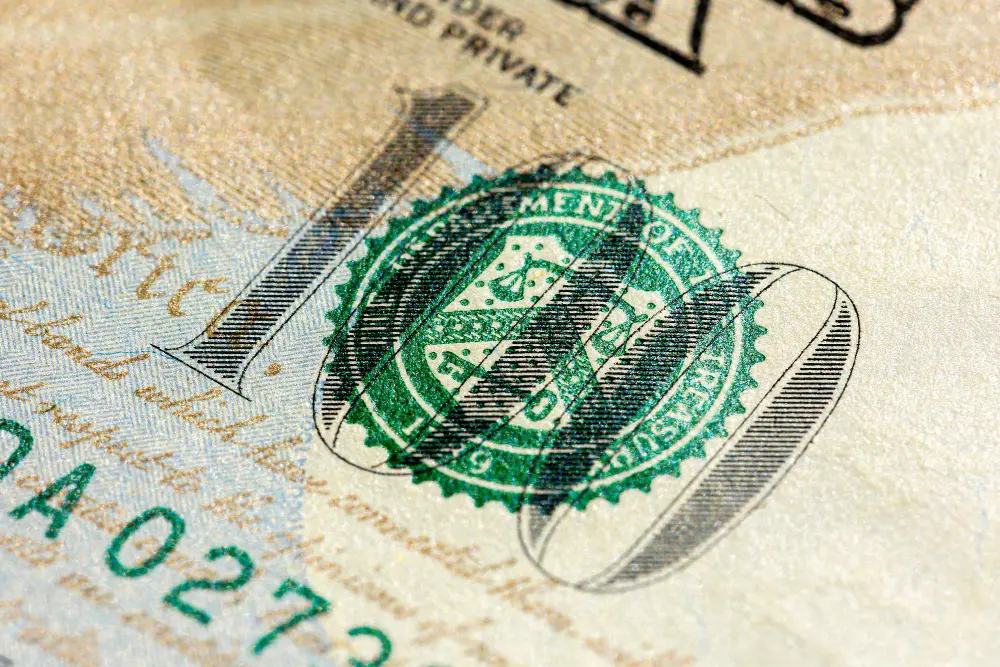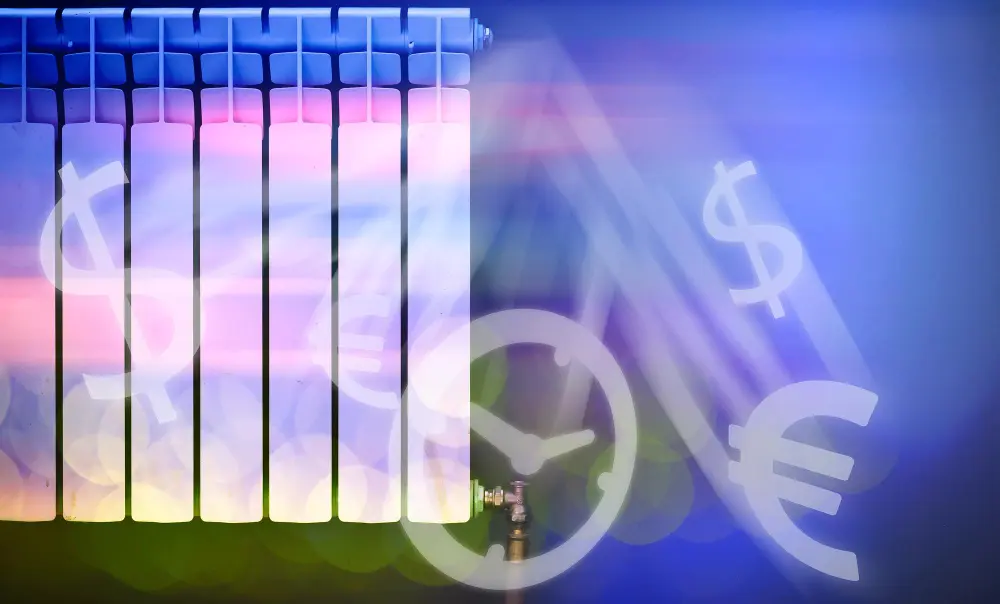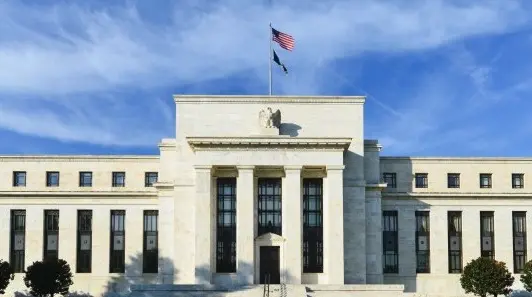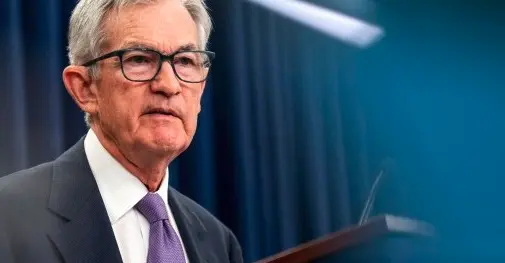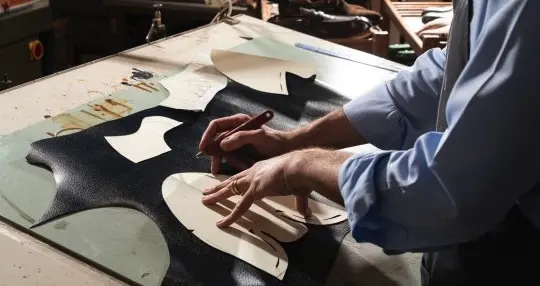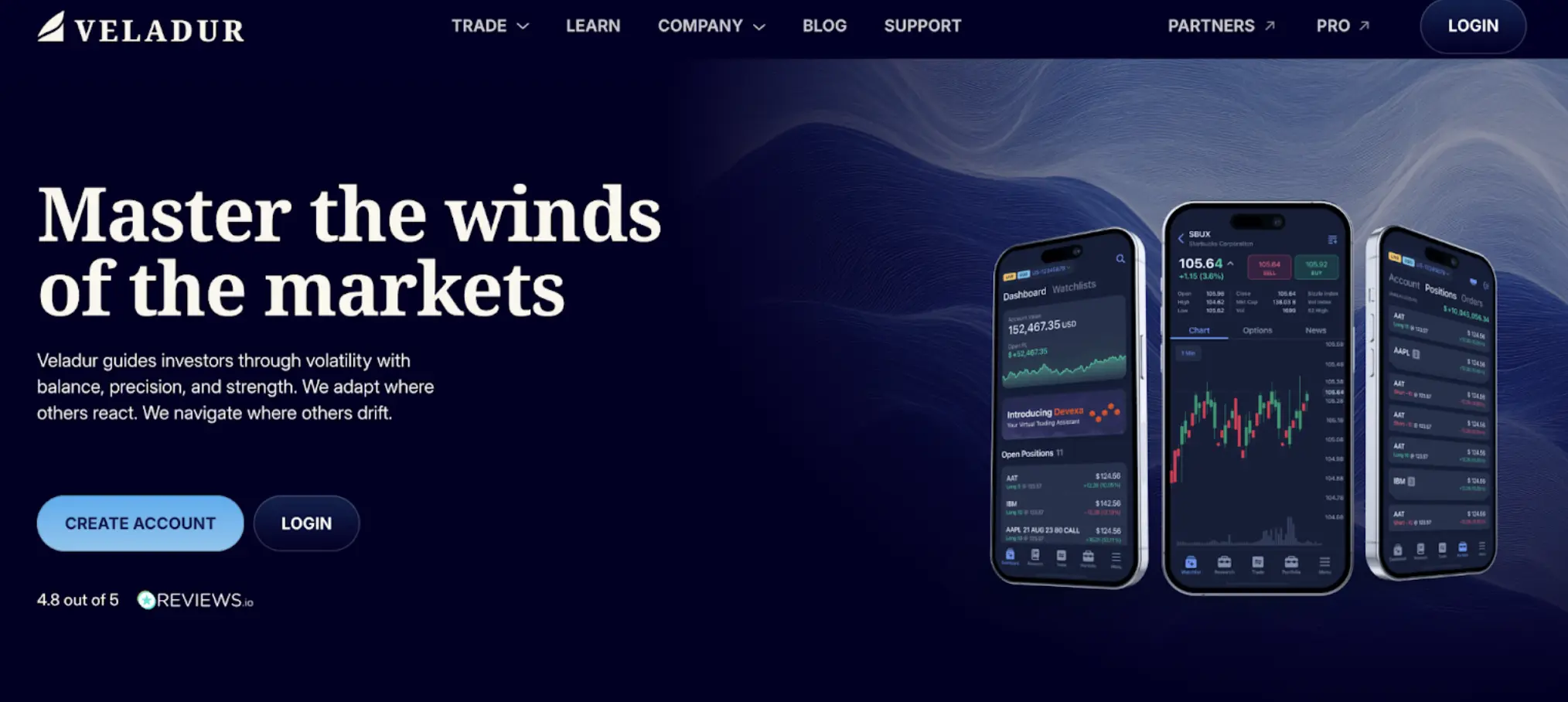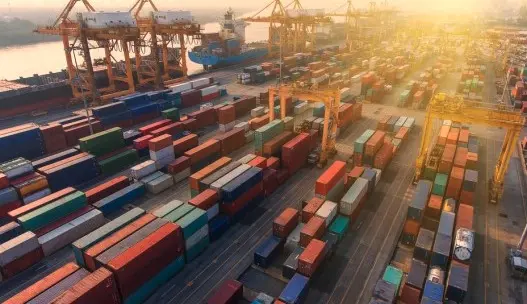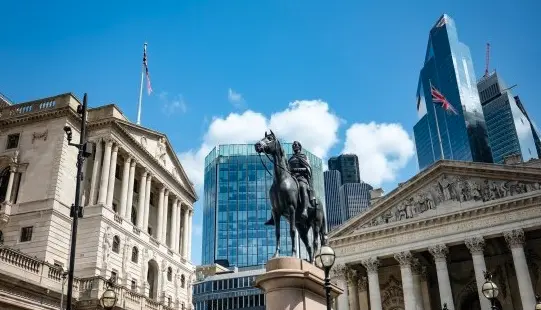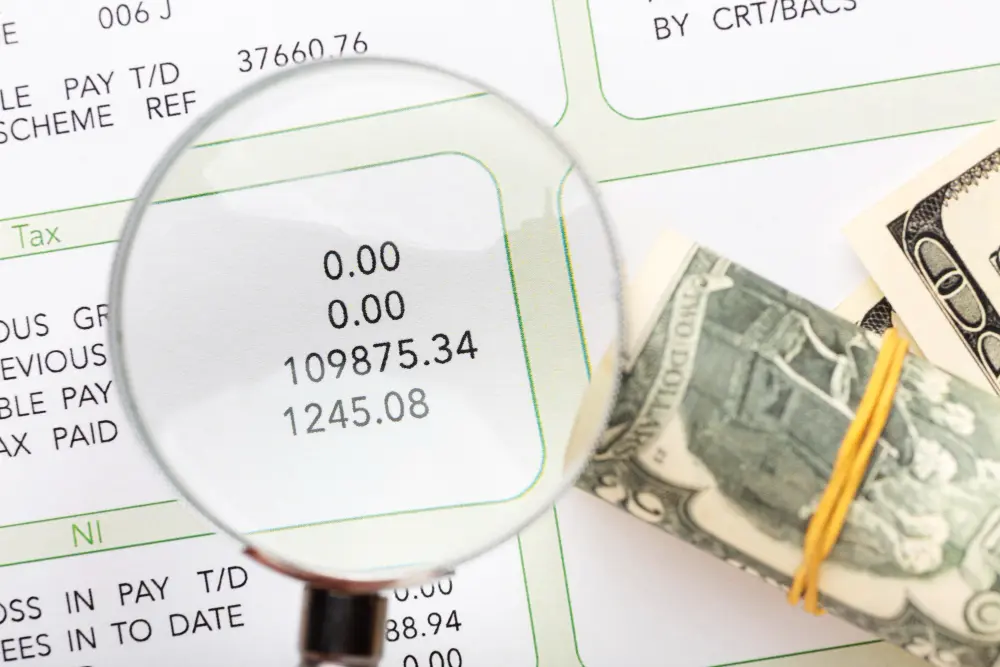Trump's tariffs spur trade war threats, fears of pricier iPhones
The penalties announced on Wednesday spurred a plunge in world markets and drew condemnation from other leaders reckoning with the end of a decades- long era of trade liberalization. Trump's tariffs would amount to the highest trade barriers in more than a century: a 10% baseline tariff on all imports and higher targeted duties on some of the country's biggest trading partners. That could jack up the price of everything from cannabis to running shoes to Apple's iPhone for U.S. shoppers. Businesses raced to adjust. Automaker Stellantis said it would temporarily lay off U.S. workers and close plants in Canada and Mexico, while General Motors said it would increase U.S. production. Economists say the tariffs could reignite inflation, raise the risk of a U.S. recession and boost costs for the average U.S. family by thousands of dollars - a potential liability for a president who campaigned on a promise to bring down the cost of living.
Trump's tariffs roil company plans, threatening exports and investment
Businesses around the globe faced up to a future of higher prices, trade turmoil and reduced access to the world's largest market after U.S. President Donald Trump confirmed their worst fears by instituting broad tariffs worldwide. Trump ramped up his trade war with tariff rates from 10% to nearly 50%. He says the levies will bring jobs back to the United States, but company executives were focused on possible increases to prices, reducing shipments or cutting back investment activity outright. But markets shuddered at Trump's actions, which could undo decades of global trade patterns - and take many years of adjustment. Shares of Nike dropped 13.74% to $56.04 as Vietnam, Indonesia, and China are leading markets for sportswear brands to source products. In the United States, retailers Target and Best Buy have said they will have to raise prices, but their margins are more likely to be squeezed. Shares in Apple fell 9.25% to end at $203.19, reflecting concerns over the iPhone maker's big manufacturing base in China.
A $2,300 Apple iPhone? Trump tariffs could make that happen
Your favorite iPhone could soon become much pricier, thanks to tariffs. U.S. President Donald Trump imposed a series of sweeping tariffs on countries around the world that could drastically alter the landscape of global trade, and consumer goods like iPhones could be among the hardest hit, analysts said on Thursday, with increases of 30% to 40% if the company were to pass on the cost to consumers. Most iPhones are still made in China, which was hit with a 54% tariff. If those levies persist, Apple has a tough choice: absorb the extra expense or pass it on to customers. The cheapest iPhone 16 model was launched in the U.S. with a sticker price of $799, but could cost as much as $1,142, per calculations based on projections from analysts at Rosenblatt Securities, who say the cost could rise by 43% - if Apple is able to pass that on to consumers.
COLUMN-The real tariff uncertainty starts now: Mike Dolan
Whatever you make of the sweeping tariff plan U.S. President Donald Trump dropped on Wednesday, remember that the real uncertainty about the potential economic damage only starts now. Relief at getting some clarity on Wednesday was understandable. But we still have no hard evidence of just how these measures will directly affect corporate and household decision- making, or exactly how countries will retaliate.





